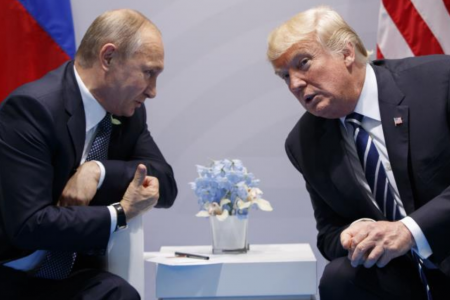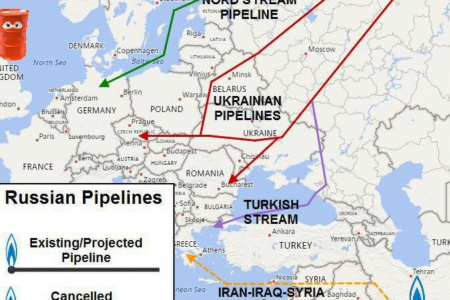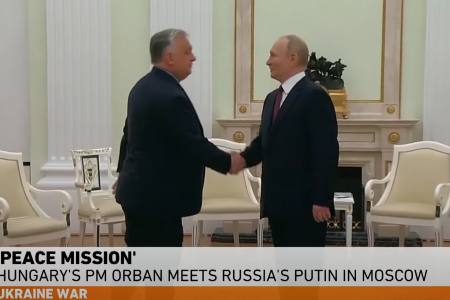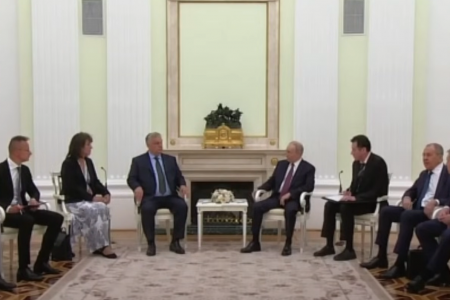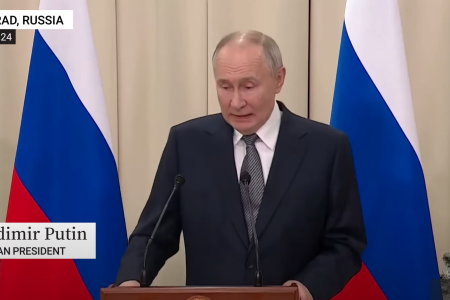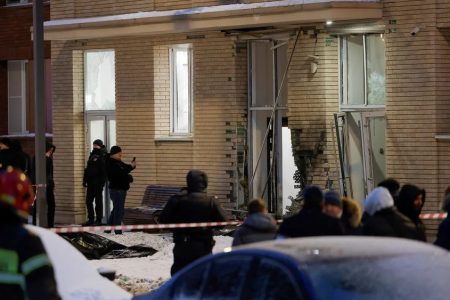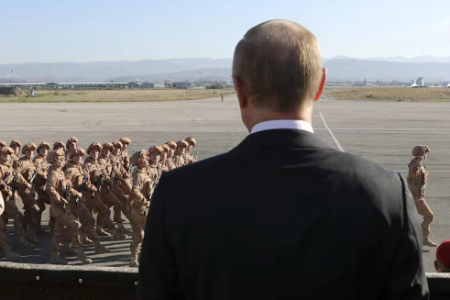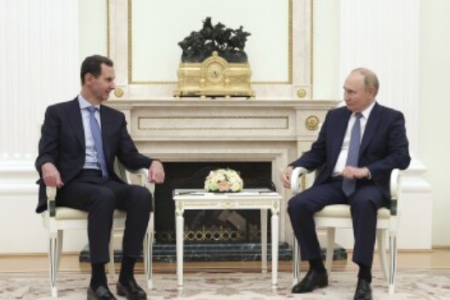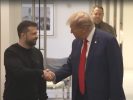
Diplomatic missions of two of the world’s leading powers located in the Vietnamese capital have recently spoken on their official Facebook pages, revolving around the views of the Communist Party of China (CPC).
On November 20, the Facebook page of the US Embassy in Hanoi quoted a statement by David Stilwell, the US Assistant Secretary of State, remarking that: “The CPC today has a hostile view to the neighboring country, with America as well as most of the rest.”
According to the US Embassy, Assistant Secretary of State in charge of East Asia-Pacific Stilwel, the above in an online discussion session of the Hoover Institute in late October.
At that discussion, Mr. Stilwell added that “The purpose of the CPC is not because of stability or respect for the sovereignty of countries that respect the law,” according to the US Embassy.
The US Embassy’s short post in Vietnamese and English received more than 3,200 likes and more than 700 supportive comments.
Dr Ha Hoang Hop of the Singapore-based ISEAS-Yusof Ish.ak Institute assessed to VOA that Mr. Stilwell’s remarks showed that the Trump administration considers the CPC to be quarrels with neighboring countries, on the basis that the Trump administration has established America’s foreign policy and long-term behavior toward China, even after the US has had a new administration since 2021.
However, Professor Ngo Vinh Long of the University of Maine, USA, commented to VOA that Assistant Secretary of State Stilwell was overstating when talking about China. According to the professor, although China has put pressure on its neighbors, they have not reached the level of hostility.
The US Embassy posting of Mr. Stilwell’s statement at this time will not have the effect of setting the US diplomatic direction for the new administration, Professor Long said. He predicts that the Biden administration, when taking office, will take a more flexible approach to China.

Hours after the US Embassy published, the Chinese Embassy in Hanoi responded with an article of more than 700 words criticizing the US Embassy’s attack on the CPC.
The country’s diplomatic mission of 1.4 billion people said they firmly opposed the situation that some US politicians and officials in recent years made “lies” and “cruel attacks” to with the CPC as well as “promoting ideological confrontation.”
Next, the Chinese Embassy asserted that internally, the people of this country still firmly support the party, and internationally, the countries “will not be deceived by the lies of US officials.”
The post of the Chinese diplomatic mission received more than 1,300 responses, including nearly 900 “smiley” symbols, more than 100 “angry faces” symbols, and more than 300 “like” symbols.
There were nearly 1,000 comments, but it is difficult to judge the rate of opposition or support because the Chinese Embassy has hidden many opinions.
Dr. Ha Hoang Hop commented to VOA that the Chinese embassy ‘s counter-attack was aimed at the US on the one hand, but was also domestic, with the aim of telling the Chinese people that the US had a bad policy. .
Still according to the scholar of the ISEAS-Yusof Ishak Institute, although the article is somewhat Vietnamese, the Chinese Embassy does not consider the Vietnamese as its main reader and does not set a target to entice or deter Vietnam. Mr. Hop said:
“They want to monopolize the South China Sea, have unreasonable demands that violate the sovereignty and national interests of Vietnam, especially for a long time in aggression and aggression. So it is impossible to use this message to manipulate or deter Vietnam.”
Somewhat in common, Professor Ngo Vinh Long commented:
“The Chinese Embassy has to speak up because they don’t want to lose face with their people. They speak up not to intimidate Vietnam.”
Professor Long said that the diplomatic warfare of the two world’s No. 1 and No. 2 economies in Hanoi did not make Vietnam feel more important, even making Vietnam find itself in a stuck position.
But “Vietnam is not foolish and is not drawn to either side,” Professor Long added to VOA.

However, in this respect, Dr. Ha Hoang Hop has a different point of view when he thinks that Vietnam does not feel awkward when the two major countries fight in its capital Hanoi.
For the Vietnamese people, the verbal war is an “interesting” development, Dr. Hop said. As for the Vietnamese political community, according to this scholar, they have determined which side they are on:
“The Vietnamese government knows that the US and China have‘ big country competition ’with each other. But that is directly related to the national interests of Vietnam because China now wants to monopolize the South China Sea, wants to deny sovereignty where Vietnam claims. Therefore, Vietnam has clearly stated that Vietnam upholds international law and welcomes policies and actions that respect international law, especially the law on the sea.”
Recently, according to VOA’s observation, the Chinese government repeatedly used Vietnamese-language Facebook pages backed by Beijing to attack the US.
On November 1, China Radio International published an article titled “Do you still remember the trauma that the US inflicted on Vietnam against China” after US Secretary of State Mike Pompeo ended his sudden visit to Vietnam lasted 2 days, from October 29 to October 30.
The article reminds Hanoi that the US inflicted pain on Vietnam in the war half a century ago, and now the US has plotted to incite ASEAN countries to oppose China over the South China Sea issue.
Previously, in July, the Chinese Embassy in Hanoi published a warning that the US building good relations with Vietnam was the purpose of “separating the Sino-Vietnamese relationship” as well as to turn Vietnam to became “a pawn serving the US strategy of suppressing China.”
Both articles have received much criticism from Facebook users in Vietnam, as observed by VOA.
Thoibao.de (Translated)





